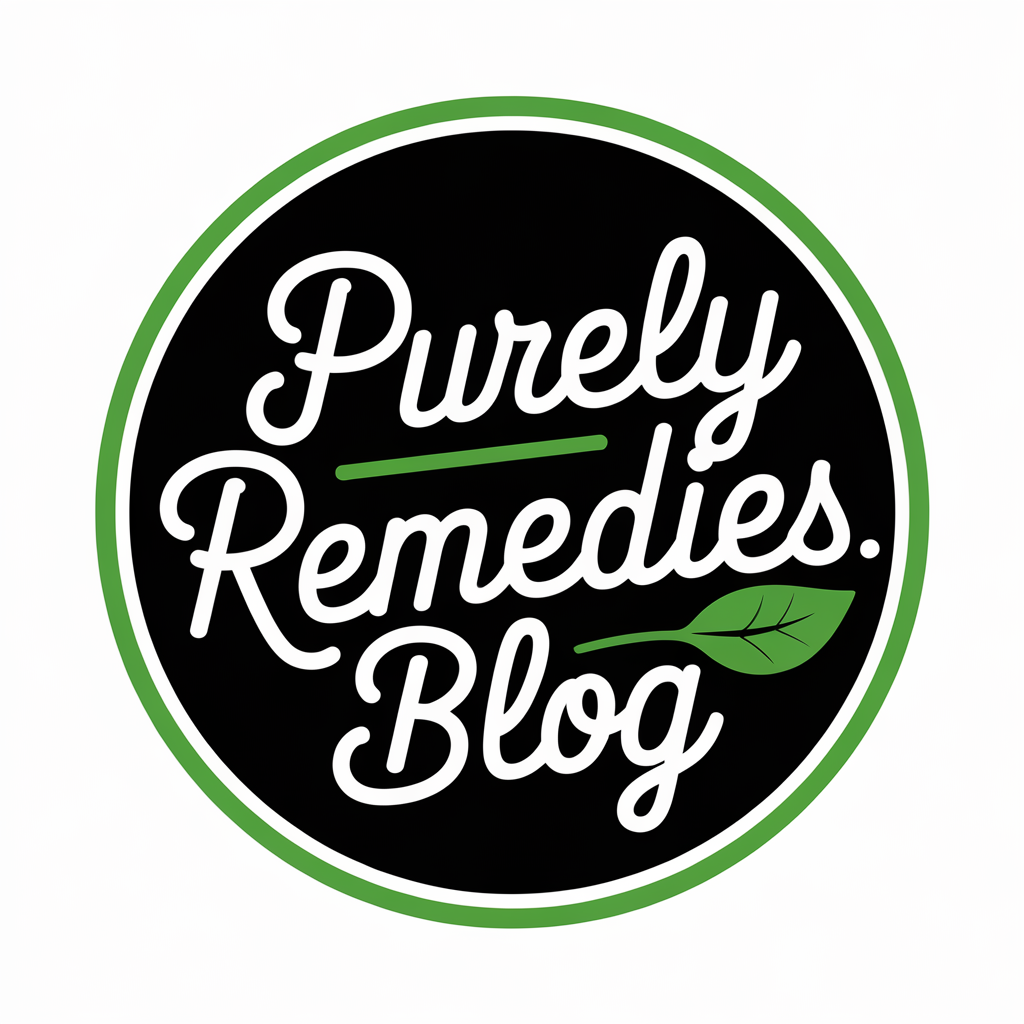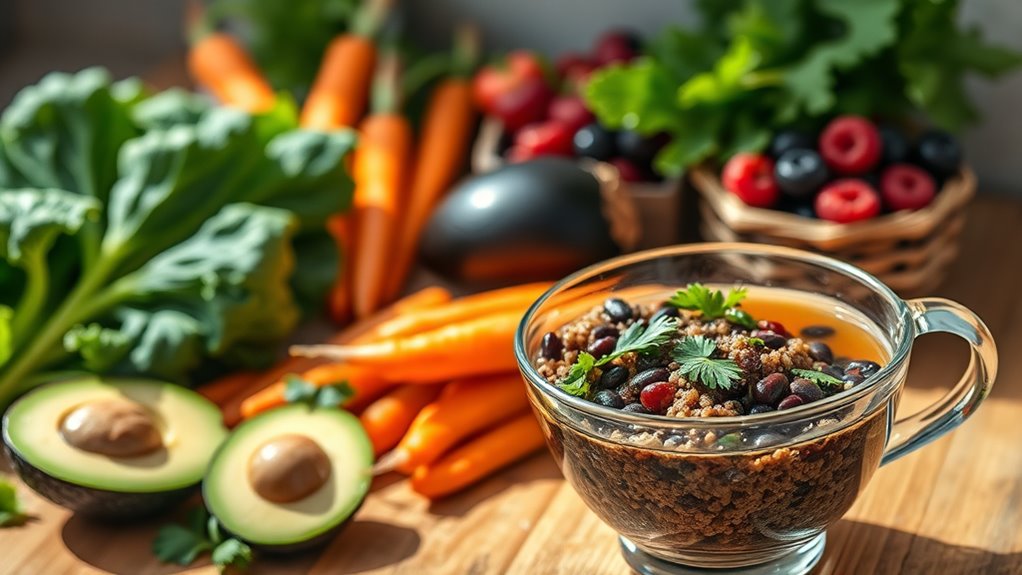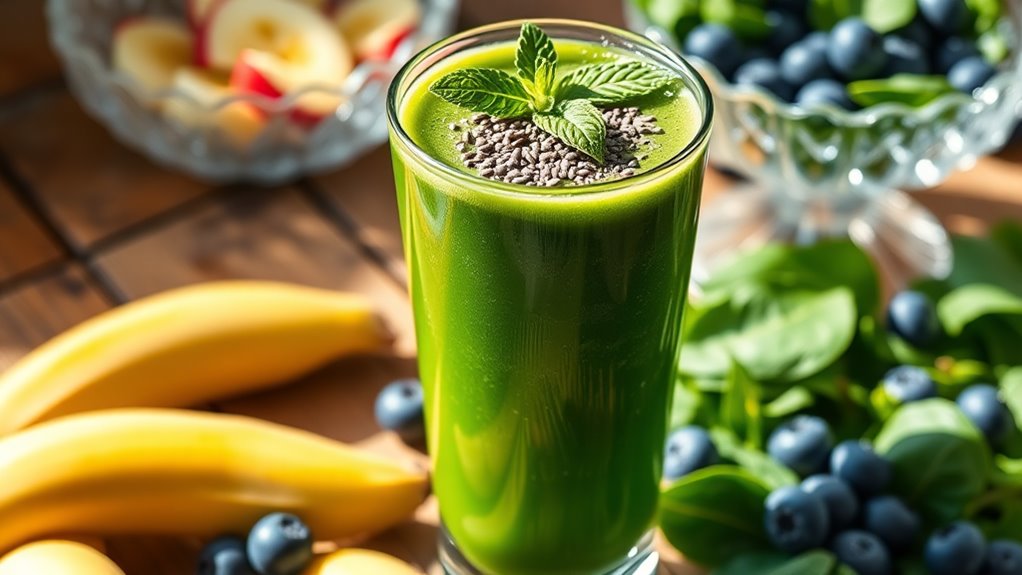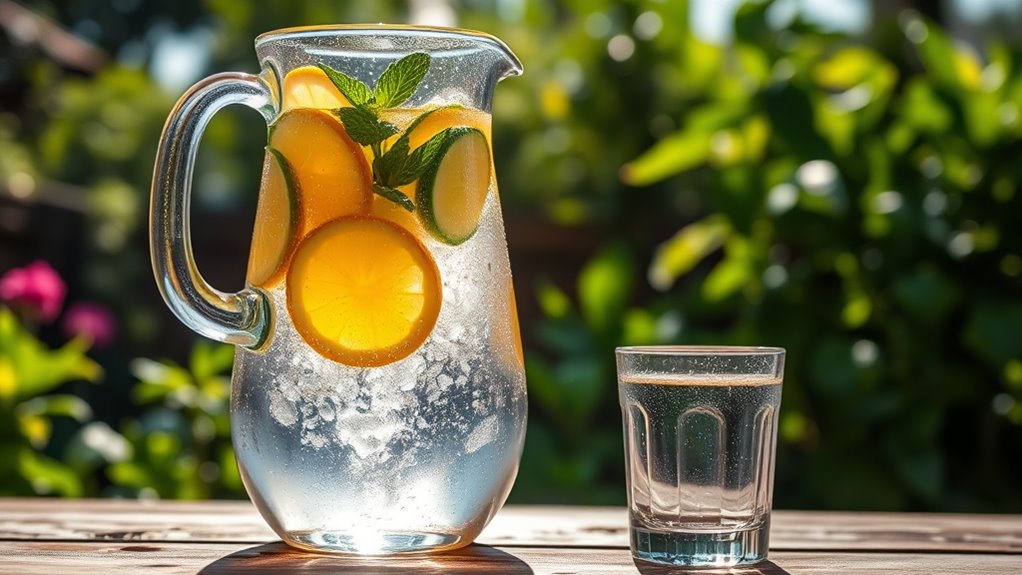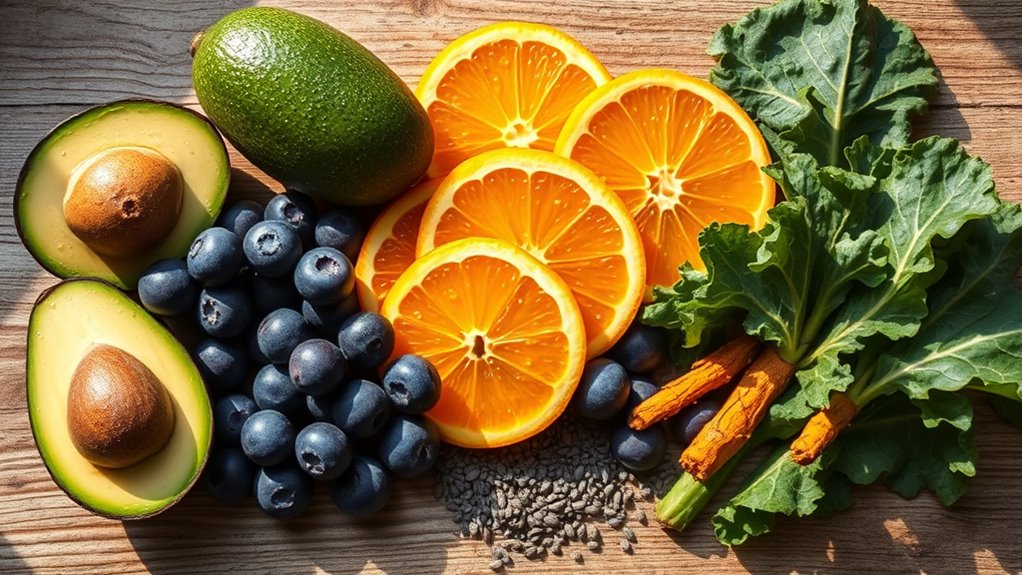The Healing Food I Eat Daily to Stay Bloat-Free
Gut health plays a crucial role in your overall well-being, impacting digestion and bloating. Incorporating specific foods into your daily routine can significantly enhance gut function. One such food, rich in probiotics, stands out for its ability to support a balanced gut microbiome. If you want to learn more about how this simple addition can transform your daily health and keep bloating at bay, keep exploring the next sections.
The Importance of Gut Health
When you think about your overall health, it’s essential not to overlook the crucial role of your gut.
A healthy gut contributes to effective digestion and enhances nutrient absorption.
Incorporating healing food for digestion, like fermented fruits and vegetables, helps maintain a balanced microbiome.
You’ll find that nourishing your gut not only supports digestion but also promotes your overall well-being. Incorporating everyday foods that are rich in prebiotics and probiotics can significantly improve gut health.
Key Nutrients for Bloat-Free Living
To achieve a bloat-free life, incorporating key nutrients into your diet is essential. Focus on fiber for digestive regulation, magnesium for muscle relaxation, and probiotics for gut health. These nutrients can enhance digestion and reduce bloating. Additionally, including fermented foods in your diet can provide further support for maintaining a healthy gut microbiome.
| Nutrient | Benefits | Food Sources |
|---|---|---|
| Fiber | Promotes regularity | Whole grains, fruits |
| Magnesium | Relaxes digestive muscles | Nuts, leafy greens |
| Probiotics | Balances gut bacteria | Yogurt, kefir |
The Healing Food I Choose
Choosing the right healing foods can significantly impact your digestive health and help you stay bloat-free.
Incorporating fiber-rich foods, like leafy greens and whole grains, promotes regularity and prevents gas buildup. Probiotic-rich options such as yogurt or kefir foster a balanced gut microbiome, enhancing digestion.
Prioritizing hydration with water and herbal teas supports nutrient absorption and reduces bloating, keeping you feeling light and comfortable. Including natural healing foods in your diet can also provide essential nutrients that further support digestive health.
How to Incorporate This Food Into Your Diet
Incorporating healing foods into your diet doesn’t have to be complicated or time-consuming.
Here are three practical ways to include this food:
-
Morning Boost: Add it to your smoothie for a nutritious start.
-
Snack Time: Enjoy it raw or lightly sautéed as a quick snack.
-
Meal Enhancement: Mix it into salads or soups for added flavor and benefits. Additionally, many healing foods, such as fermented vegetables, can support gut health and enhance digestion.
Personal Experiences and Benefits
Many who’ve integrated healing foods into their diets report significant changes in their overall well-being. You might notice reduced bloating, increased energy levels, and improved digestion. These benefits often stem from nutrient-rich ingredients that support gut health and calm inflammation. Including transformative benefits in your daily meals can lead to even more remarkable health improvements.
Tips for Maintaining a Bloat-Free Lifestyle
To maintain a bloat-free lifestyle, it’s essential to adopt mindful eating habits and make intentional food choices.
Consider these three tips:
-
Chew Thoroughly: Breaking down food aids digestion and minimizes air swallowed.
-
Stay Hydrated: Water helps flush out excess sodium and reduces bloating.
-
Limit Processed Foods: High sodium and artificial ingredients can cause water retention and discomfort.
Additionally, incorporating herbal teas, such as peppermint tea, can offer natural relief from bloating and enhance your digestion.
